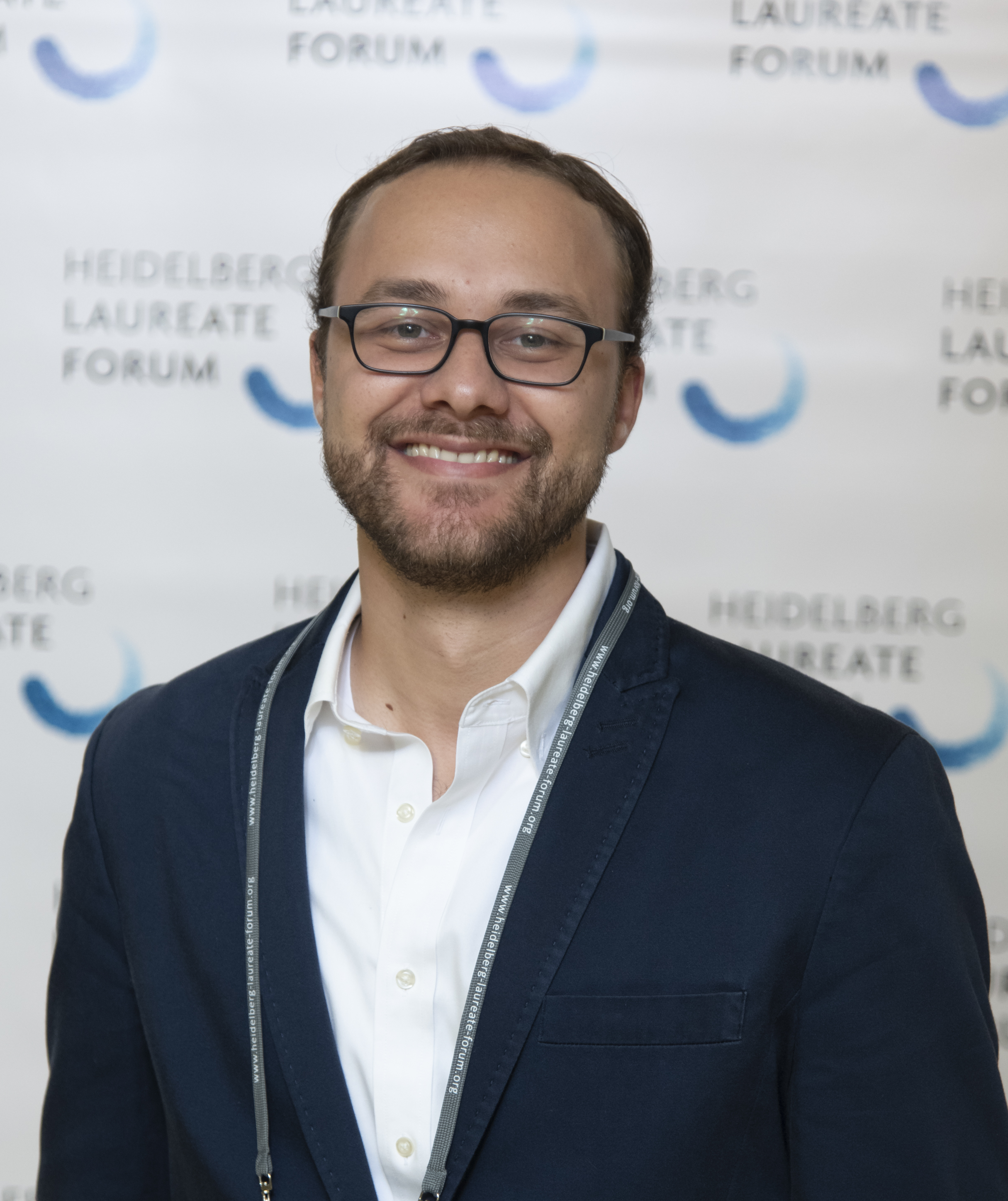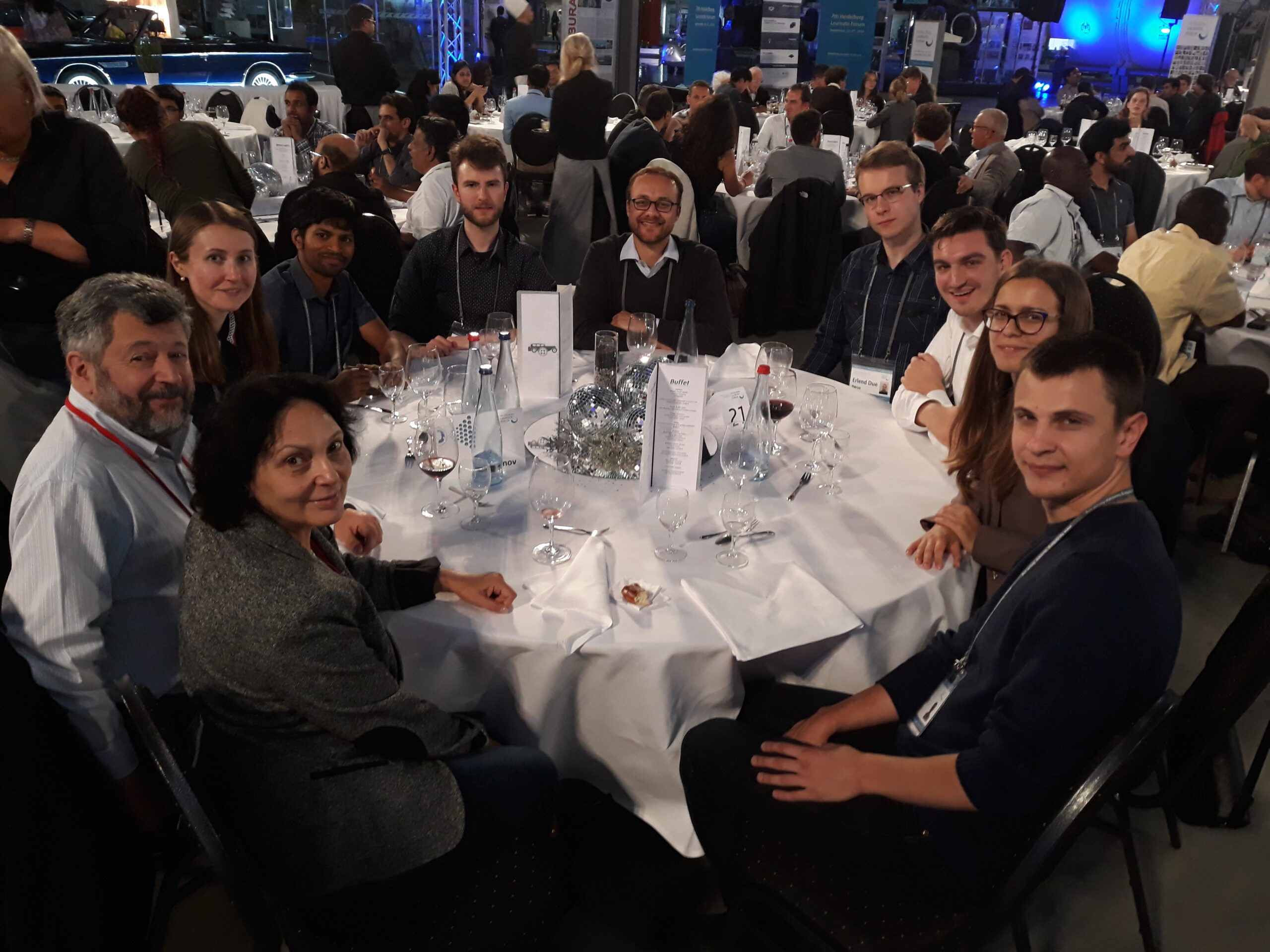How HLF changed my life: Fernando Chirigati
Jens-Steffen Scherer
The COVID-19 pandemic forces us all to pause, reflect, and adapt. While the 8th Heidelberg Laureate Forum has been postponed to September 2021, this year’s Virtual HLF will take place from Monday, September 21 until Friday, September 25, 2020. Its motto: Traversing Separation.
An excellent opportunity to review seven successful years of HLF and to follow-up on some alumni and their path since then.
Who are you, where are you from and what is your scientific background?
My name is Fernando Chirigati, and I’m originally from Brazil. My primary background is in the area of scientific data management, including provenance management and analytics, large-scale data analytics, data mining, and computational reproducibility.

In which year did you attend the HLF and what were you doing back then?
I attended the 7th Heidelberg Laureate Forum, which happened in 2019. At that time, I was a Postdoctoral Research Associate at NYU Tandon School of Engineering and NYU Center for Data Science, working on different projects related to handling data-intensive experiments.
What inspired you most during the HLF?
Getting to know the laureates was certainly life-changing, as they had so much great advice to offer for our career paths and work-life balance. Also, exchanging ideas with young researchers from all over the world and in different stages of their careers was an amazing experience, since we could learn a lot from each other.
What is your best memory you have from your stay in Heidelberg?
I have many great memories from HLF, but if I had to pick the best one (which is not an easy task!), I would say having dinner at the same table with Professor Efim Zelmanov, the renowned mathematician who was awarded a Fields Medal in 1994. He was such an amazing, delightful person to be around, with so much experience to share with us.

What has happened in your life since then and in which position are you currently working?
The biggest event that happened in my life since then was getting a new job. Currently, I’m the chief editor of a new Nature Research journal to be launched in January 2021, called Nature Computational Science. The journal will focus on both fundamental and applied research related to computational methods, algorithms, and tools that are developed across a range of scientific disciplines to help solve challenging, real-world problems.
Which advice would you give the next generation of Young Researchers?
Take full advantage of this opportunity and don’t miss any planned event, as the organizers put a lot of effort into ensuring we have the best time. Most importantly, interact with as many laureates as you can – you have the opportunity to sit at the same table with them during dinner! – and definitely make sure to get to know other young researchers – I made great friends there!

How does the coronavirus pandemic affect your professional and private life?
I started my new job entirely remotely, so I haven’t had the chance to work from the office so far. It’s been definitely challenging to prepare the launch of a new journal entirely from home, but luckily, I have had huge support from many colleagues. With respect to my private life, on the bright side, I get to spend more time with my girlfriend and our senior dog (who certainly loves having us around more often), although I do miss hanging out with my friends.
What is the most valuable lesson the pandemic taught you so far?
By being part of the scientific community, I certainly knew that we should listen to science – yes, scientists make mistakes, but these mistakes are rare, and learning from them helps shape our future. The pandemic has just stressed this point more clearly: now, more than ever, we need to listen to all of the researchers working hard to keep us safe and to end this pandemic once and for all.
How do you think working as an editor will change your perspective on science itself and how it works?
By being an editor, I have been able to open up my mind even more. To a computer scientist, it is gratifying to see how the technologies we work on are actually used in practice by different disciplines to solve myriad problems. If anything, my new job is expanding my love for science and showing me how important multidisciplinary work is for tackling real-world challenges.
The post How HLF changed my life: Fernando Chirigati originally appeared on the HLFF SciLogs blog.